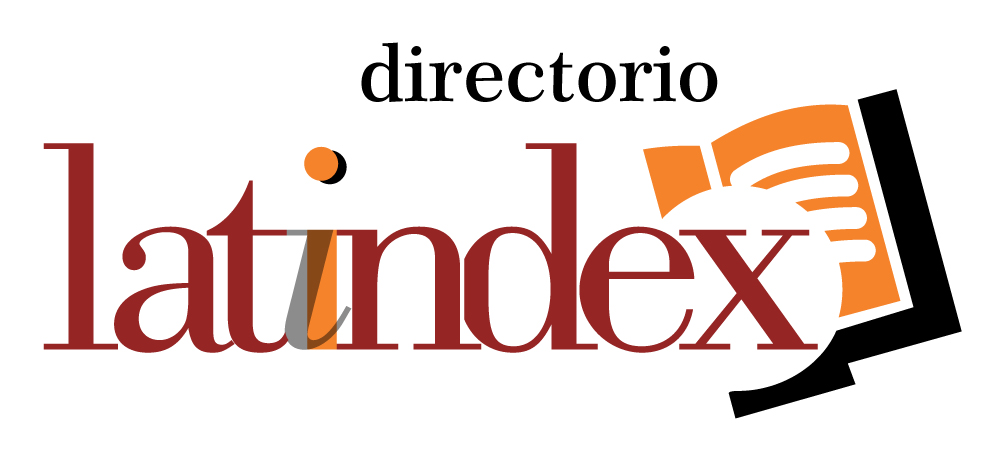Vol. 6 No. 1 (2015)

It is with pleasure that we present to the university community and other interested parties volume 6, number 1, of Inquietude, an academic and editorial project of students of undergraduate and graduate courses in Philosophy at the Federal University of Goiás [UFG]. As in previous editions this issue is the result of intense work of the Editorial Team, with the support of the prestigious Editorial Board, as well as the initiative of authors that seek with their writing to present aspects of their research and concerns regarding philosophical production in our country. In line with its initial proposal, we present to the public an edition that values diversity in the treatment of philosophical problems, as well as a space for the dissemination of various researches and the possibility to make public the communication of creative and elaborate works of experienced researchers, students of Graduation and Postdegree in Philosophy from UFG and other Universities and Faculties of Philosophy of Brazil, as well as researchers from different areas of knowledge that aim to present us philosophical texts.
Combined with the diversity of philosophical production existing in our current scenario and the boldness of young authors who seek and create spaces for the publication of their academic productions, we see emerging in our country studies aimed at discussing aspects central to society, as the political positioning and the varied acceptations of social movements that discuss feminisms, gender, race, environmental issues and education. Given this context of intense discussions and its importance for the formation and cultural development, not only individual but collective, we believe and reaffirm once again the validity and need of a journal such as Inquietude, so that we can increasingly think and make public our research, as well as enable an environment of debates that is primarily valued by philosophical rigor.
It is with this spirit of restlessness that we present this edition composed by five articles and five abstracts. On the cover, we present a work of art [Eye am knowledge] by Adelaide Marcus, an artist who travels through different artistic genres, such as painting and performances in creations that refer to thought and inspiration and we would like to thank her for allowing us to use her work in our edition.
In the initial article, The notion of 'substance' in Wittgenstein [by Bruna Garcia da Silveira Miguel Elias], we have a philosophical reconstruction of the conception of substance present in Wittgenstein’s early writings, as well as the discussion about the influence of the Aristotelian tradition in his work, besides its initial rupture with such tradition already in early writings. The central distinction between Aristotle and Wittgenstein, as far as the substance is concerned, lies, according to the author, in the ontology adopted, as well as in the refusal to use the symbol of identity by Wittgenstein.
In The remission of irreversibility and unpredictability of the action: Remarks on forgiveness and promise in Hannah Arendt [by Nádia Junqueira Ribeiro], the author discusses the political aspect of human action in its relationship with forgiveness and promise, that in The human condition are presented from the domains of irreversibility and unpredictability, respectively. The relations between the incapacity of undoing actions as well as the unpredictable nature of human action are thought as creating instruments of personal and political responsibility. The admission of such responsibility results in an understanding that action is the unique space for the exercise of freedom.
The hypothesis that Augustine was an important influence for the constitution of Descartes' philosophy and in particular the conception of cogito is presented [by Evaldo Pereira de Rezende] in The relationship between Augustine's thought and the Cartesian cogito - The certainty of human existence as a condition for the possibility of error and doubt. The objective of this article is to show links and oppositions between authors, as well as the validity of the hypothesis according to which Augustine would have inspired Descartes.
In the article Between life and death - The anthropology in the philosophy of Henry Bergson and the psychoanalysis of Sigmund Freud [by Adriana de Albuquerque Gomes], the conceptions of life and death are analyzed from the work of Bergson and Freud in an attempt to identify similarities and divergences between the authors. Finally, in The dangerous liaisons: The analysis of the social mask in Rousseau and Diderot [by Adriane Campos de Assis Remigio], we are led to an analysis of the conception of social mask as a critique of society in Rousseau and Diderot, as well as an interdisciplinary study that aims to establish relations between this notion and cinema, particularly in the film Dangerous liaisons by Stephen Frears, seeking to clarify conceptions as an index of transparency and irony.
To complete the edition of this issue, we publish the summary of a dissertation defended [by Caius Brandão] in 2015 at the UFG’s Faculty of Philosophy entitled Study of the ideas of justice in Jean-Jacques Rousseau's political-philosophical thought, as well as two texts from research in Scientific Initiation, The question of the existence of God in Edith Stein [by Rafael Carneiro Rocha] and Compatibilism and deductive method in Ethica Eudemia [by Mariane Farias de Oliveira]. We also present two monograph abstracts called The relocation of the question of truth as Aletheia in Being and time [by Douglas Schaitel] and The moral dimension of the market [by Marcelo Rodrigues de Melo].
In time, we would like to externalize the satisfaction of all members involved in the development of this publication with the elevation to stratum B3 in the classification of journals Qualis of CAPES [Coordination of Improvement of Higher Level Personnel Foundation]. This news is a source of joy because it symbolizes the recognition of the commitment involved in the development of the journal since its first edition and reflects the dedication, care and commitment of the editorial staff.
To conclude, we thank the Editorial Board of the journal and, in particular, the professors who made up the evaluation committee of the articles published here. We are also grateful to the authors who submitted their works, and we open space for invitation to those who aim, in the future, send us their texts. Finally, we thank the support and encouragement of the Faculty of Philosophy to the activities of the journal, and we reaffirm this space as a place for promoting dialogue and dissemination of the student philosophical production.
Thaís Rodrigues de Souza








